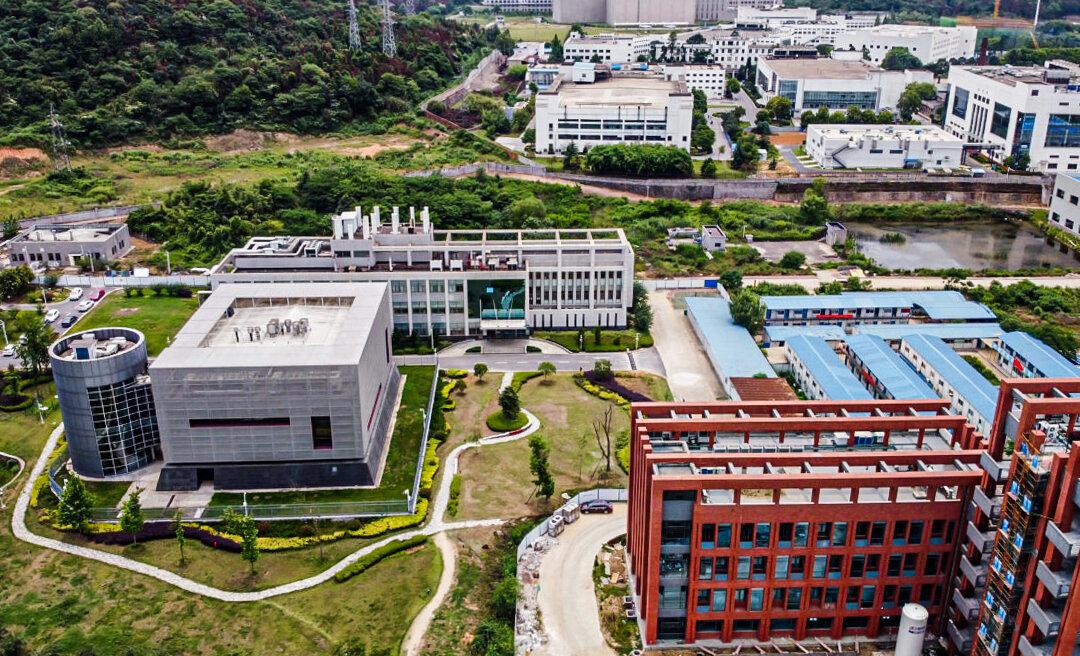Three Chinese research centers, including the bat coronavirus-tinkering Wuhan Institute of Virology (WIV), had been awarded more than $2 million in U.S. taxpayers’ money in the years leading to the COVID-19 pandemic, a new government report found.
The report (pdf), released on June 14 by the nonpartisan Government Accountability Office (GAO), focuses on federal funds disbursed to three Chinese entities—Wuhan University, the WIV, and the Academy of Military Medical Sciences (AMMS).





